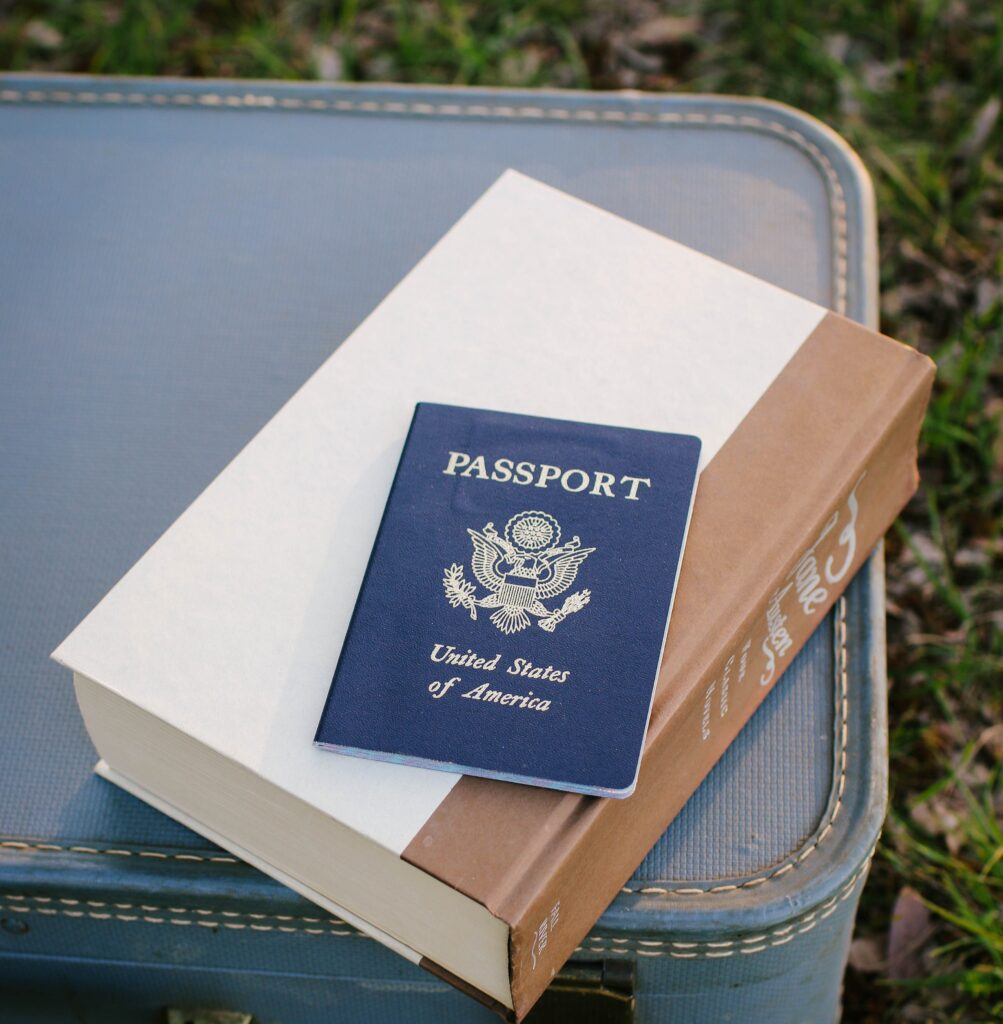Kenya is a developing East African country known for its wildlife and national parks. The capital city is Nairobi. The second largest city is Mombasa, It’s a wonderful place for tourists, and individuals, looking to get in touch with the ancient African cultures. Here are some tips on how to make your trip to Kenya interesting, safe, and an all round success.
- Try some street food

Trying new foods is half the fun of traveling, and Kenya’s cuisine won’t disappoint you. Traveler favorites include nyama choma, or roasted meat, and matoke, which is plantain stew. Goat and beef is often used for nyama choma and matoke is made with a delectable mix of onions, garlic, chilies, and lemon juice. These dishes and others are served non-stop at the Kenyatta market in Nairobi.
- Go to Kenyan Safari

As the birthplace of the African Safari, Kenya is the perfect place to see wildlife in their natural habitat. Africa’s famed wildebeest migration takes place at Maasai Mara, the continent’s most popular nature reserve. Other parks in Kenya are perfect for seeing elephants, flamingos and other kinds of unique and rare wildlife.
- Kenyans are friendly

Kenyans are known for being friendly and open. The majority of the population–98 percent–are native to Kenya; Asians, Europeans and Arabs make up less than one percent of the population. Nearly three-quarters of working Kenyans are in the agriculture industry, and some Kenyans in rural areas live nomadic lifestyles.
Traveling to Kenya is an experience you’ll never forget! Are you ready to start planning your Kenya adventure?
- Bring US Dollars with you

Although Kenya’s official currency is the Kenyan shilling, it’s best to bring some US dollars along since prices are sometimes quoted in USD. Bargaining is a common practice in Nairobi and other Kenyan cities. As a traveler, you’ll often be invited to see what local vendors have for sale in markets and street stalls.
- Consider carrying your Passport

Some sources say it’s best to carry your passport (or a copy of it) on you during your stay in Kenya. If you are stopped by authorities for any reason, they may ask to see identification, and as a traveler you’ll need to present your passport. Be sure to secure all valuables while out in public, including your passport.




